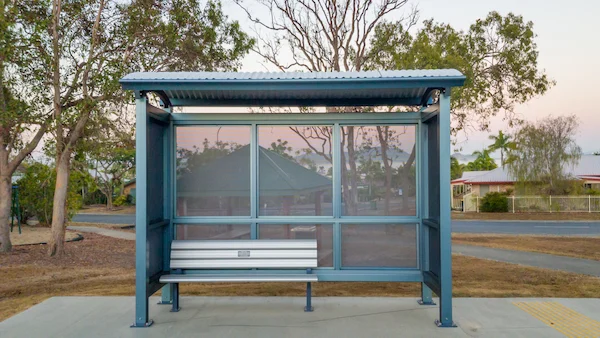All across North America, people see things in their neighborhoods that aren’t working: broken sidewalks, faded crosswalks, unsafe streets. It’s easy to look at these problems and assume someone else — the city, the state, the "right" department — will eventually fix them. But if we want to live in places that are safe, lovable, and resilient, we can’t afford to keep waiting.
In a strong town, stewardship starts with ordinary people doing small things to care for their place. Not someday. Now.
That’s exactly what happened in Lynchburg, Virginia.
Last month, members of Livable Lynchburg, a Strong Towns Local Conversation group, joined a walk audit alongside city staff, regional planners, and transit officials. At the corner of 12th and Polk, they noticed two stretches of sidewalk that were so overgrown they were nearly impassable.

The surrounding area made this problem stand out even more: A bus stop sat in the overgrown area, a school was right across the street, and another school was only two blocks down. Everyone agreed: Someone should do something.
“Well, Strong Towns has taught me that I can be that someone!” Livable Lynchburg leader Gioia Calabretta said.
One week later, at the group’s monthly meeting, they solidified their plans for a Saturday morning “Pavement Party.” The Local Conversation leaders called the city a few days before the cleanup to share their plans. City staff and officials were fully on board. They even provided the group with trash bags, litter grabbers, and vests.
On July 26, seven volunteers showed up with shovels, clippers, and rakes. They spent several hours clearing debris, cutting back weeds, and uncovering long-buried bricks. The transformation was striking, both in terms of walkability and community spirit. Cars honked in support as they drove by, and neighbors said, “I’ve never seen it look so good.”
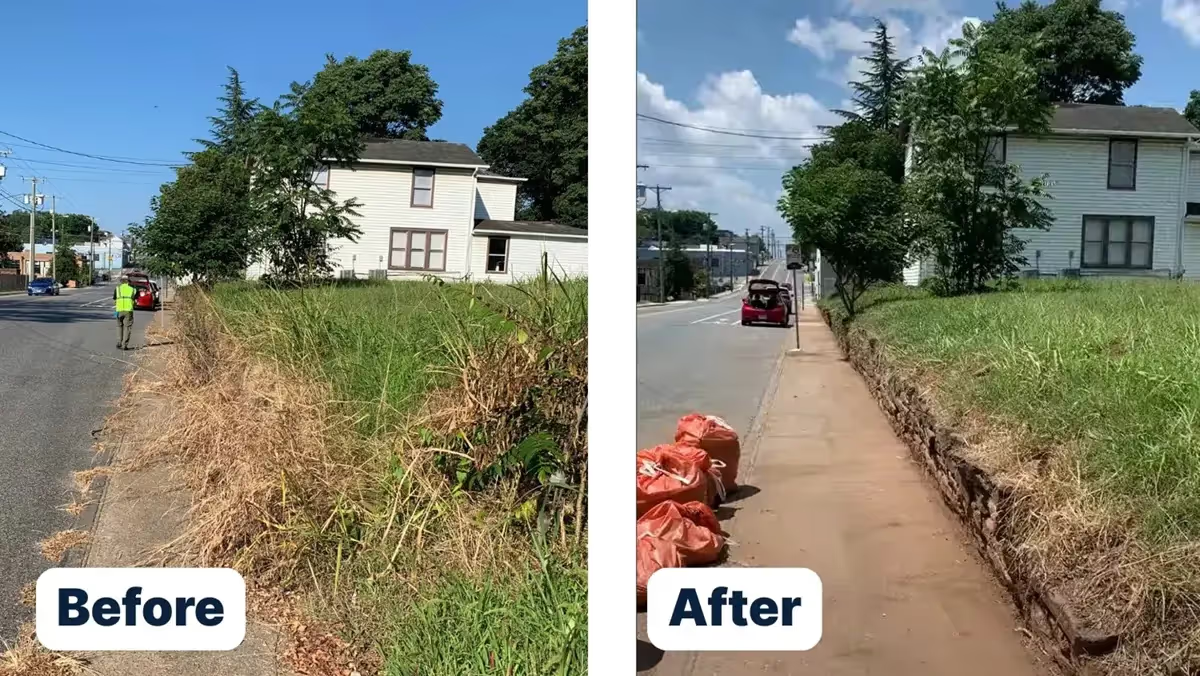
The benefits of this project extend beyond this block, too. Participating in the walk audit and coordinating with the city for the cleanup has helped Livable Lynchburg build a stronger relationship with city staff and officials. “We have increased visibility and can place one another,” Calabretta explained. “We’re not just names floating around but actual people and neighbors who can work together.”
The Pavement Party also resulted in more community connections, both online and offline. Livable Lynchburg planted a sign by the newly cleaned sidewalk directing people to their social platforms, as well as sharing photos online. They soon saw an influx of new followers and group members. The city also put them in contact with another attendee of the walk audit, a resident who runs a local museum and is also interested in community-led action. Building this type of connection with other local organizations will help Livable Lynchburg become stronger and more effective.
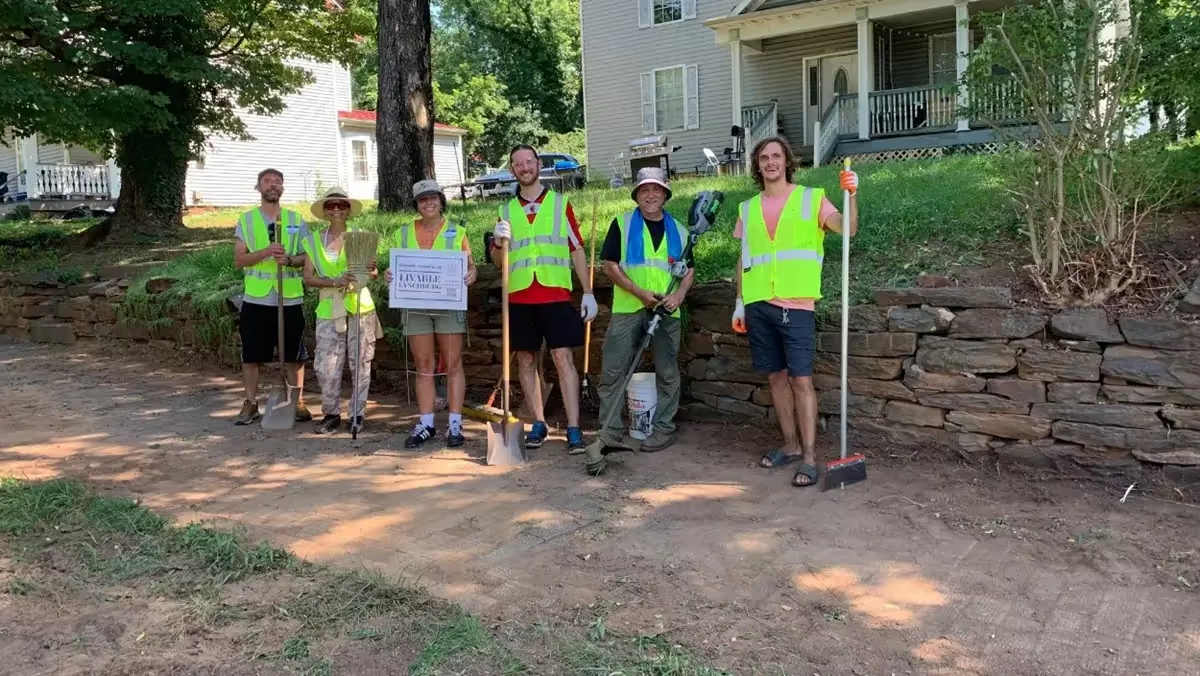
Livable Lynchburg’s Pavement Party is an example for residents and local governments everywhere. We don’t need to wait for big plans or perfect conditions. When residents take responsibility for their neighborhoods — and cities choose to stand alongside them — real change happens. Quickly. Affordably. Together.
These sidewalks in Lynchburg didn’t need a task force. They needed seven neighbors who cared enough to show up.
If you’re ready to show up for your place, click here to find a Local Conversation near you. If you’d like to hear more stories of people taking action, subscribe to our newsletter.

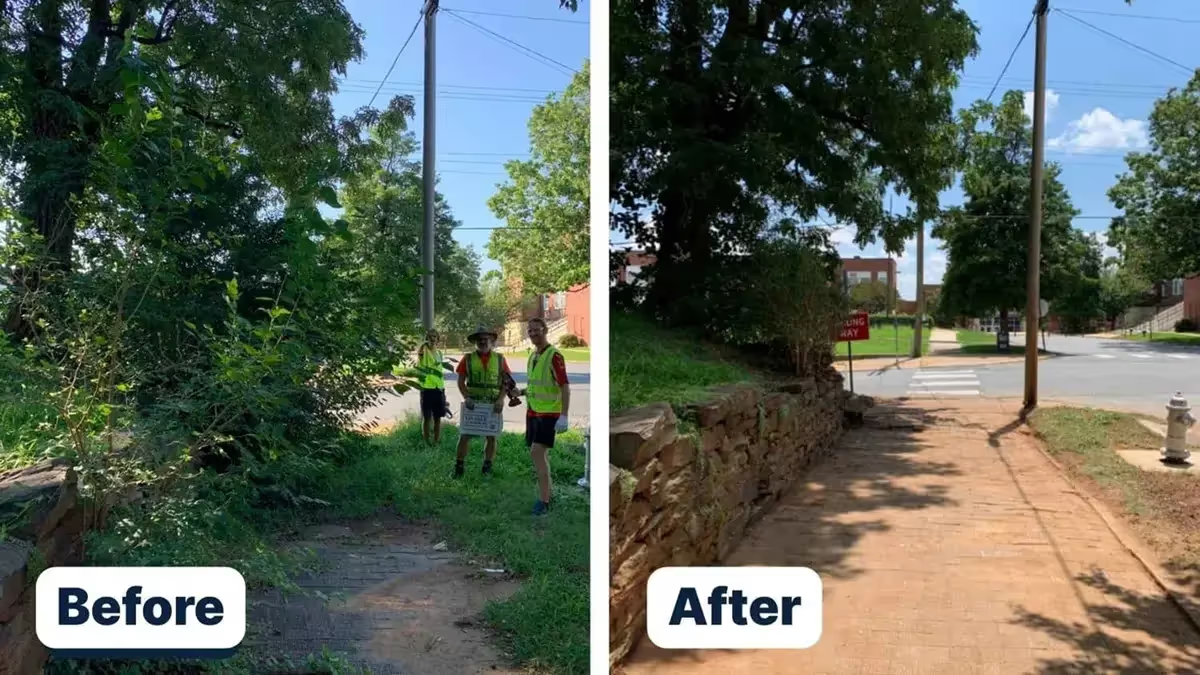
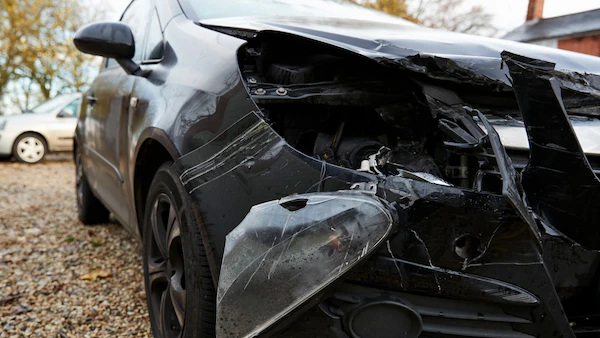
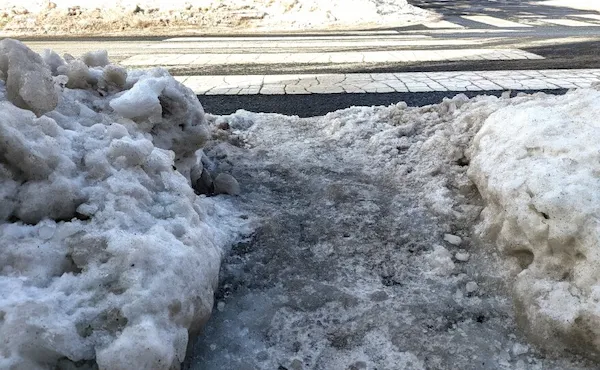
.webp)
